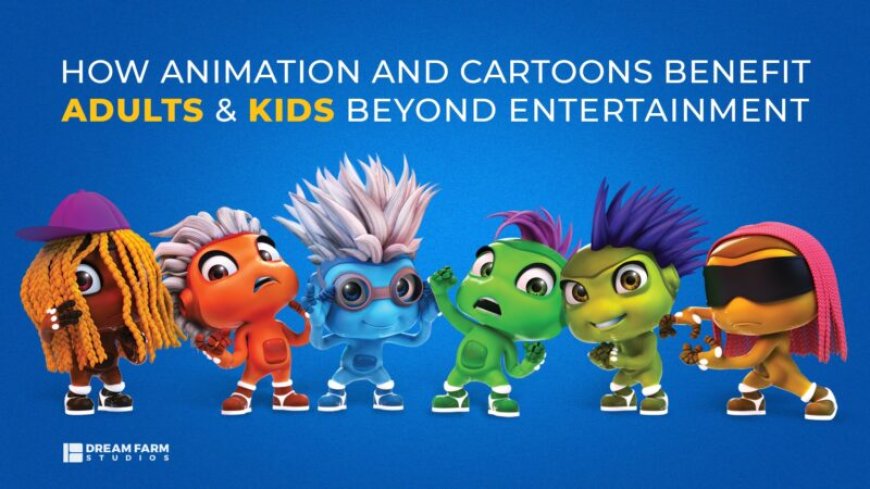HOW ANIMATED FILMS INFLUENCE CHILDREN’S DEVELOPMENT
HOW ANIMATED FILMS INFLUENCE CHILDREN’S DEVELOPMENT

Animated films have long been a staple of children’s entertainment, captivating young audiences with vibrant visuals, imaginative words and engaging stories. Beyond their entertainment value these films play a significant role in shaping children’s cognitive, emotional and social development.
These films are rich in narrative content, providing children with a foundation for developing literacy and comprehension skills. Story arcs, character development and dialogue in animated movies help children understand plot structure, cause and effect, and moral lessons.
Animated films frequently address a wide range of emotions, providing children with a safe space to explore and understand their own feelings. Characters often undergo emotional journeys that children can relate to and learn from. Empathy and understanding movies teach children about different emotions and the importance of expressing and managing them, by empathizing with characters, children learn to recognize and validate their own and others’ feelings.
Conversely, some animated films may inadvertently promote negative behaviors, such as aggression or materialism. It’s important for parents to guide their children in understanding and contextualizing these behaviors. The influence of these films on children’s development is significantly shaped by parental involvement.
What's Your Reaction?

























































